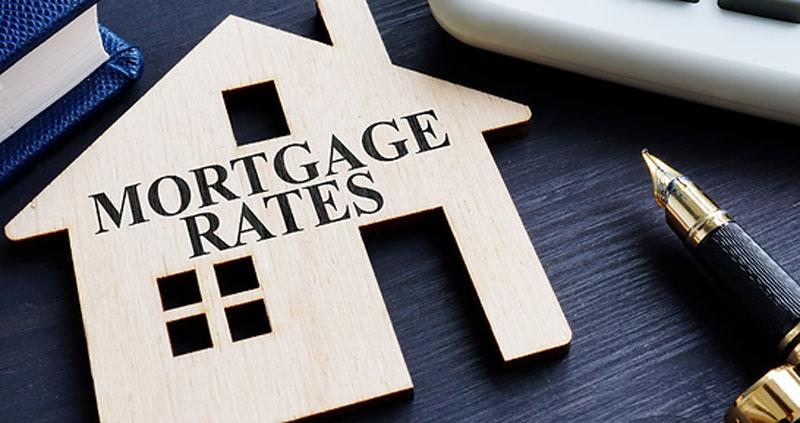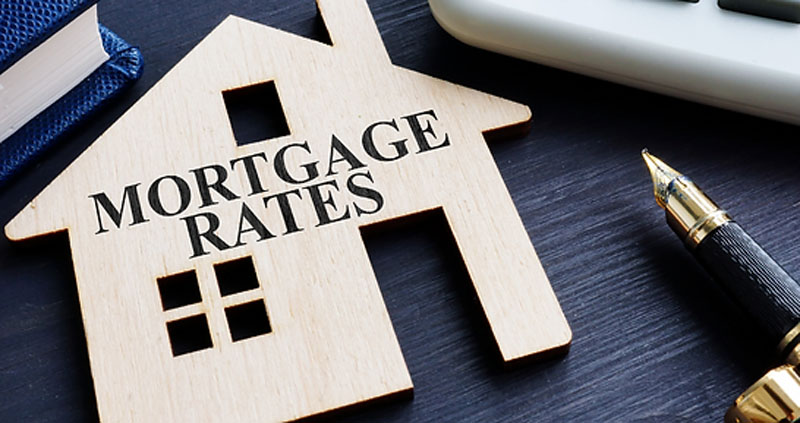

The real estate market is a complex web of factors influencing supply and demand, including interest rates. Interest rates are the cost of borrowing money from a lender, which can impact the real estate market in various ways.
Let's explore the impact interest rates can have on the real estate market and how they affect home buyers, sellers, and investors.
Why Study Interest Rates?
Interest rates are set by central banks, such as the Federal Reserve, in the United States. Various economic factors influence them, such as inflation, unemployment, and economic growth. The central bank may raise interest rates to slow inflation or lower interest rates to stimulate the economy. These interest rate changes can significantly impact the real estate market.
Impact of Interest Rates on the Real Estate Market
Affordability
Interest rates impact the affordability of homes. When interest rates are low, borrowing money to purchase a home is cheaper. This can increase demand for homes and drive up prices. Conversely, when interest rates are high, it is more expensive to borrow money, which can decrease demand for homes and drive down prices.

Mortgage Rates
Interest rates also impact mortgage rates, which are the rates at which lenders charge borrowers to borrow money to purchase a home. When interest rates are low, mortgage rates tend to be lower, making it easier for home buyers to afford a mortgage. Conversely, when interest rates are high, mortgage rates tend to be higher, making it more difficult for home buyers to afford a mortgage.

Refinancing
Interest rates also impact the ability of homeowners to refinance their mortgages. When interest rates are low, homeowners can refinance their mortgages at a lower rate, reducing their monthly mortgage payments. This can free up cash that can be used for other expenses or invested elsewhere. With high-interest rates, it may not make sense for homeowners to refinance their mortgages, as the savings may not be significant enough to justify the cost of refinancing.

Investments
Interest rates also impact real estate investors. When interest rates are low, it is cheaper for investors to borrow money to purchase real estate, which can increase demand for investment properties and drive up prices. When interest rates are high, it is more expensive for investors to borrow money to purchase real estate, which can decrease demand for investment properties and drive down prices.

Economic Growth
Interest rates can also impact economic growth, which can have indirect impacts on the real estate market. When interest rates are low, it can stimulate economic growth by making it cheaper for businesses and consumers to borrow money. This can lead to job creation and increased demand for homes. High-interest rates can slow economic growth by making it more expensive for businesses and consumers to borrow money. This can lead to job losses and decreased demand for homes.

Conclusion
In conclusion, interest rates significantly impact the real estate market. They affect affordability, mortgage rates, refinancing, investment, and economic growth. Home buyers, sellers, and investors should pay close attention to interest rates and how they may impact the real estate market. Working with a knowledgeable real estate agent and a lender who can help navigate the complex web of factors that influence the real estate market is important.
Are you in the market for a new home but worried about getting the best interest rates? Look no further than Gosen Properties! Our team of experienced real estate agents can help you find the perfect property with the best interest rate options.
Skip the hassle and get the best possible interest rates, save money, and make your home-buying process more affordable.

Dedicated, Determined, and Dependable!
Enter your email below to receive listings of rental properties, homes for sale, and other properties.

